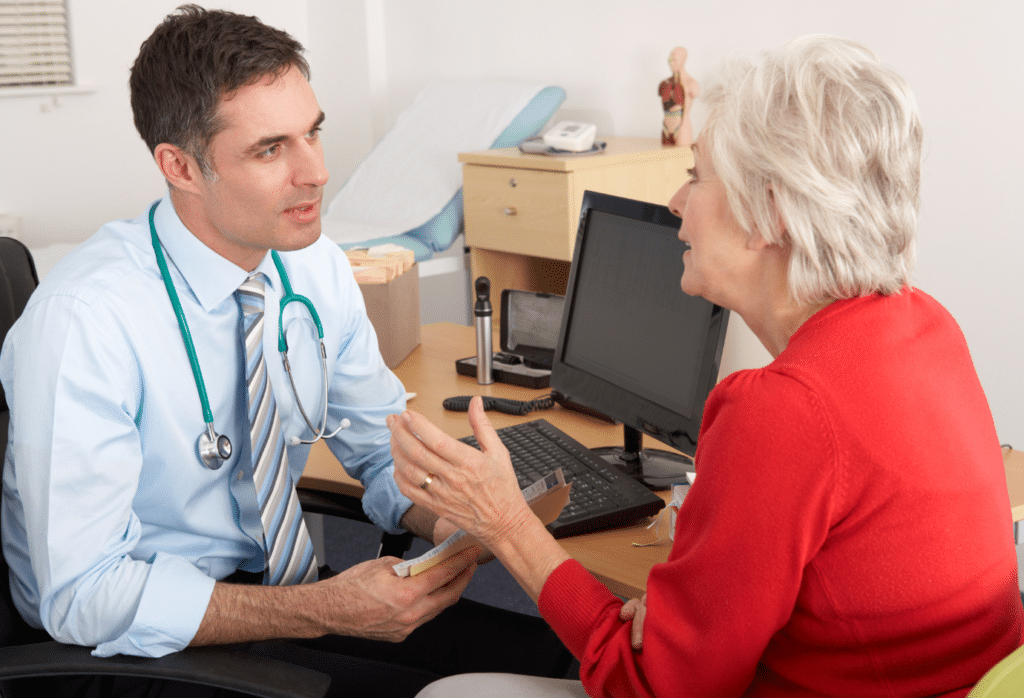A concerningly high number of Australian women have experienced incidents of gender bias or discrimination in the country’s health system.
According to the End Gender Bias survey, which gathered the responses of 2,570 female patients, two-thirds of women reported gender bias or discrimination, while over 70 per cent of women said they experienced bias in the diagnosis and treatment of health conditions.
Women reported the highest incidents of gender-bias in areas of sexual and reproductive health and chronic pain. Many respondents attributed a lack of diversity in all aspects of research as the cause of gender bias in health care and medical innovation.
The report, conducted by the National Women’s Health Advisory Council, found that women often encountered disrespectful and demeaning interactions while undergoing the most private and vulnerable screenings, such as intimate examinations and during childbirth.
One woman said she was “bullied into” taking long-term contraception in order to access surgery to treat her endometriosis.
“I was bullied into accepting another IUD during this surgery [for endometriosis],” one respondent said. “I was told that the surgery would not be scheduled if I do not consent to an IUD.”
The survey, which was initiated in 2022 to address medical misogyny, is chaired by Assistant Minister for Health and Aged Care, Ged Kearney.
In a statement released this week, Kearney described the results of the #EndGenderBias survey as “shocking”, albeit, “not surprising.”
“For the first time, the Australian Government is addressing the complex and systemic bias against women in health care,” she said.
“Every woman has a story of gender bias or discrimination in the health system. This summit is part of our work to change the health system to better meet the needs of Australian women.”
“I’ve convened the National Women’s Health Summit to bring the best and brightest together to work out how we can improve health care and services for women. This is the turning point for women’s health in Australia and I’m glad we’ve finally arrived here.”
Marginalised women, including First Nations women, lesbian, bisexual, transgender, intersex and queer women, and women from culturally and linguistically diverse backgrounds were more likely to experience bias.
In fact, more than 80 per cent of LGBTIQA+ survey respondents reported discrimination and bias compared to around 67 per cent of other women. More than 80 per cent of women with a disability also reported experiencing discrimination and bias.
The survey also gathered responses from over 2,800 healthcare professionals and major stakeholder groups. Roughly 70 per cent of health experts said they felt women were ‘only slightly or not at all’ believed about a health issue.
Kearney is set to launch the report at the council’s first National Women’s Health Summit later today — an occasion which she has described as “a turning point for women’s health in Australia”.
“I’m glad we’ve finally arrived here,” she said.
Over the weekend, Kearney explained in an interview on ABC Radio that since her appointment as Assistant Minister for Health and Aged Care, many women have approached her with their stories about how they think the health system has let them down.
“I wanted to validate those anecdotes through some research,” she said.
“Nearly 3000 women responded to the survey and told us that they felt that the health system did not listen to them, that doctors dismissed their pain, that health professionals, you know, said, oh, it’s just a woman’s lot that you have pelvic pain, for example. You just need to take a couple of Panadol and go home and lie down.”
“This type of healthcare is not helping women,” she continued. “There’s a lot of things that we can do about this, but I have established a National Women’s Health Advisory Council where I have experts and women with lived experience and a lot of advocacy groups who are working with me to try to look at the system that we feel has been established historically by men and for men.”
Kearney said that at the National Summit this week, researcher and experts “will be delving much more deeply into the End Gender Bias survey and drawing more from that to help us make policy that makes the health system better for women.”


